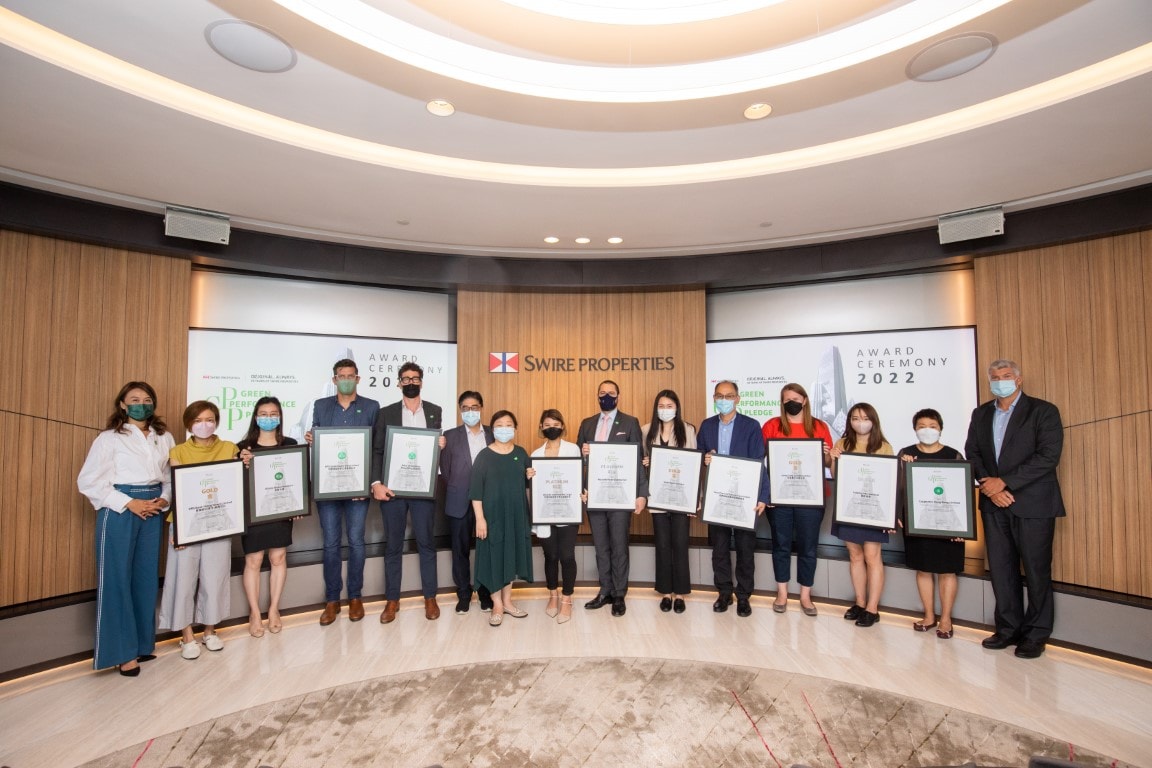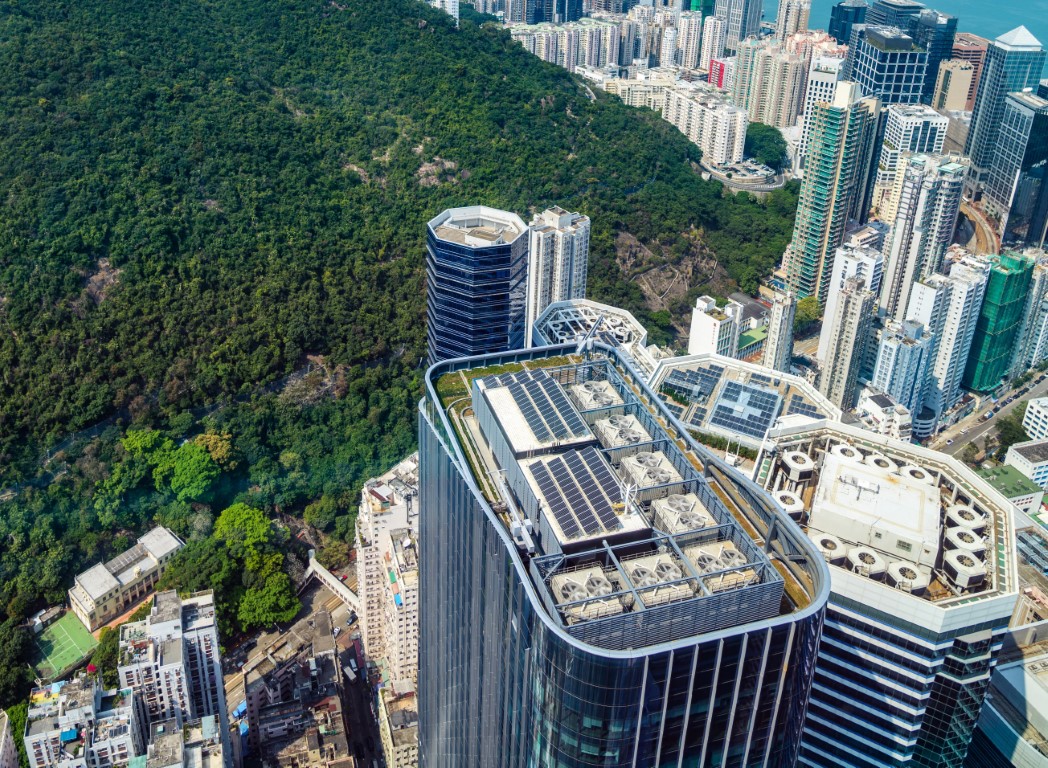Climate-related Financial Disclosures
GRI 102-30, 201, 305
HKEX Aspect A2, A3, A4, KPI A3.1, A4.1
HKEX Aspect A2, A3, A4, KPI A3.1, A4.1
In 2015, the Financial Stability Board (“FSB”)38 established the Task Force on Climate-related Financial Disclosures (“TCFD”) to develop voluntary, consistent climate-related financial risk disclosures for use by companies when providing information to investors, lenders, insurers and other stakeholders. In 2017, the TCFD published a set of recommendations for voluntary climate-related financial disclosures that are consistent, comparable, reliable, clear and efficient, and which aim to provide decision-useful information to lenders, insurers and investors.
We recognise the risks and opportunities presented by climate change to our business. In accordance with our Climate Change Policy, we are committed to communicating our management approaches and strategies for climate mitigation, adaptation and resilience to our stakeholders. In 2018, we started to publish climate-related financial disclosures with reference to the recommendations of the TCFD under the four core categories of Governance, Strategy, Risk Management and Metrics and Targets. In 2020, we completed the climate risk assessment for physical and transition risks and opportunities to our global portfolio.
This is our fifth set of climate-related financial disclosures. They are set out in the following pages.
38The FSB is an international body that monitors and makes recommendations about the global financial system.

Swire Properties’ governance around climate-related risks and opportunities
Our ESG Steering Committee (“ESGSC”) is chaired by our Chief Executive. Other members are the Finance Director and six members of our senior management from the human resources and administration, portfolio management, projects, public affairs and technical services and sustainable development departments. In 2022, an Independent Non-Executive Director of the Company joined the ESGSC; this person is also the Chairman of our Audit Committee. The Chairman of the ESGSC reports relevant SD matters, including climate-related issues, to the Board five times a year.
The ESGSC meets quarterly and, in accordance with its terms of reference, has the following overall responsibilities related to climate change:
- Formulate and review the Company’s SD 2030 Strategy and climate strategy, including approving targets or key initiatives related to climate change mitigation, adaptation and building climate resilience.
- Review any significant risks, opportunities and investments regarding climate change, energy/carbon management and low-carbon transition.
- Review on an annual basis the performance of the Company in achieving our energy/carbon intensity reduction targets, including progress towards achieving our science-based targets, and other climate change- and energy-related KPIs.
The Board provides oversight of our risk management framework and SD risks, including climate-related risks. Our SD agenda and the progress of our SD 2030 Strategy are reported by the ESGSC and discussed at quarterly board meetings. We also conduct regular risk identification and analysis and review management processes throughout the year through the Audit Committee and our ERM System. This includes our Corporate Risk Register in which climate change has been identified as an emerging risk.
Both the Board and the ESGSC have sufficient knowledge of climate-related issues and the impacts of such issues on the company’s business and operations. Regular training on climate-related issues is provided to ensure that all our people keep abreast of the latest developments.
A Working Group under the Performance (Environment) Pillar, composed of members with sufficient technical expertise in climate-related issues, is in place to plan and implement different mitigation and adaptation policies and measures, and to facilitate the integration of climate-related issues into business operations.
Our Climate Change Policy guides our management approach and strategy on climate change mitigation, adaptation and resilience. We also support the Business Environment Council’s efforts to develop and promote the Low Carbon Charter for the property and construction sector in Hong Kong.
In 2020, we conducted a materiality review to gather feedback from 570 internal and external stakeholders through qualitative interviews and a quantitative survey. The topics of green building construction and renovation, energy efficiency, decarbonisation, climate adaptation and resilience were identified as material issues to our business continuity and development. These issues align with the focus areas of the Performance (Environment) Pillar of our SD 2030 Strategy.







